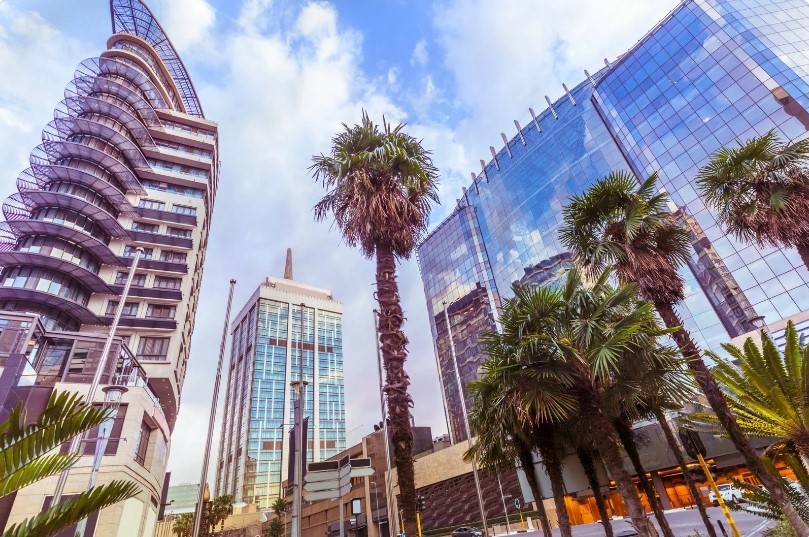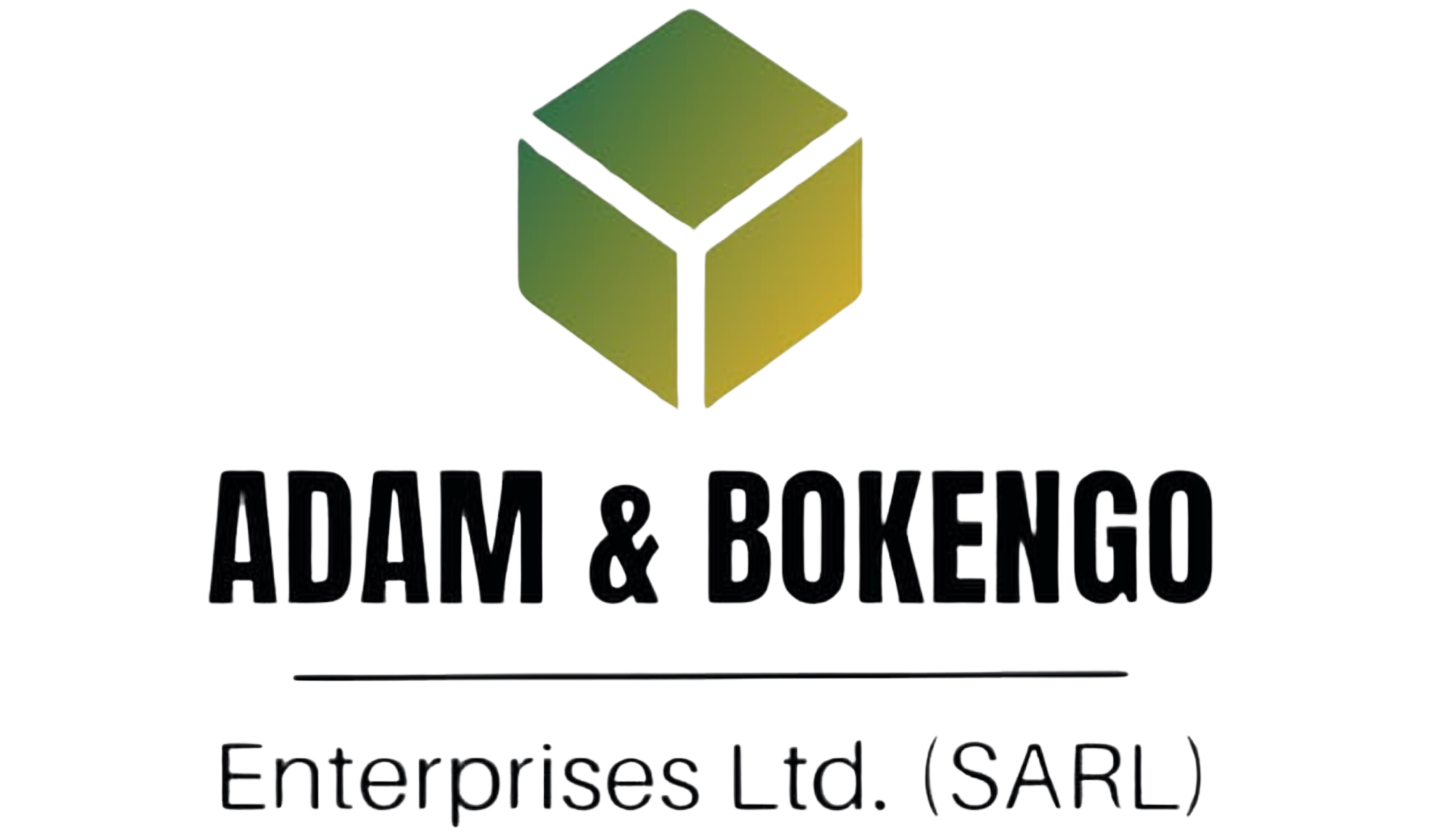The Future of Cameroon’s Real Estate Market: Key Trends and Opportunities (2024-2030)
Cameroon’s real estate market is set for substantial growth and transformation from 2023 to 2030. Several factors are driving this change, making the market attractive to investors and developers. Here’s a look at the key trends and opportunities shaping Cameroon’s real estate landscape.

1. Economic Stability and Diversification
Cameroon’s economy is projected to remain stable, bolstered by diversification into agriculture, manufacturing, and services. This stability will boost investor confidence, encouraging long-term investments in both commercial and residential properties.
2. Urbanization and Population Growth
Rapid urbanization and population growth will significantly increase the demand for housing and commercial spaces. As more people migrate to cities like Douala and Yaoundé, there will be a heightened need for affordable housing, apartments, and office spaces, spurring new construction projects.
3. Infrastructure Development
Government initiatives and foreign investments in infrastructure, such as roads, bridges, and public transportation, will improve connectivity within cities and regions. Enhanced infrastructure will make remote areas more accessible, driving real estate development and increasing property values.
4. Technology Integration
Smart technology adoption in real estate, including IoT devices, home automation, and online property management platforms, will enhance the quality of living and working spaces. These innovations will make properties more attractive to buyers and tenants.
5. Sustainable Development
There will be a growing emphasis on sustainable and eco-friendly real estate development. Green building practices, energy efficiency, and renewable energy sources will become priorities for developers and investors. Properties with green certifications and environmentally conscious designs will be highly sought after.
6. Tourism and Hospitality Industry
Cameroon’s expanding tourism sector will drive demand for hotels, resorts, and vacation rentals. This growth presents opportunities for real estate developers to invest in the hospitality industry.

Conclusion
There has been a sharp acceleration in investment in the hotel and property sectors in Cameroon. Cameroon’s hotel industry has been booming in recent years, driven in particular by the hosting of major continental sporting events.
ADAM & BKOENGO Enterprises Ltd. envisions transforming Cameroon’s real estate and development sector through innovative, sustainable, and community-focused projects. Their commitment to integrating advanced building technologies and eco-friendly practices aims to create modern, energy-efficient spaces that cater to the evolving needs of urban and rural areas alike. By prioritizing quality, affordability, and environmental stewardship, ADAM & BKOENGO Enterprises Ltd. strives to enhance living standards, stimulate economic growth, and foster inclusive communities.
Through strategic investments and a collaborative approach, ADAM & BKOENGO Enterprises Ltd. is poised to set new benchmarks in the industry, driving positive change and development across the African continent in general and Cameroon in particular.
Overall, the real estate and hotel sectors in Cameroon are growing, driven by urbanization, economic development, and increased investment, but they still face obstacles that need to be addressed for sustained growth.




